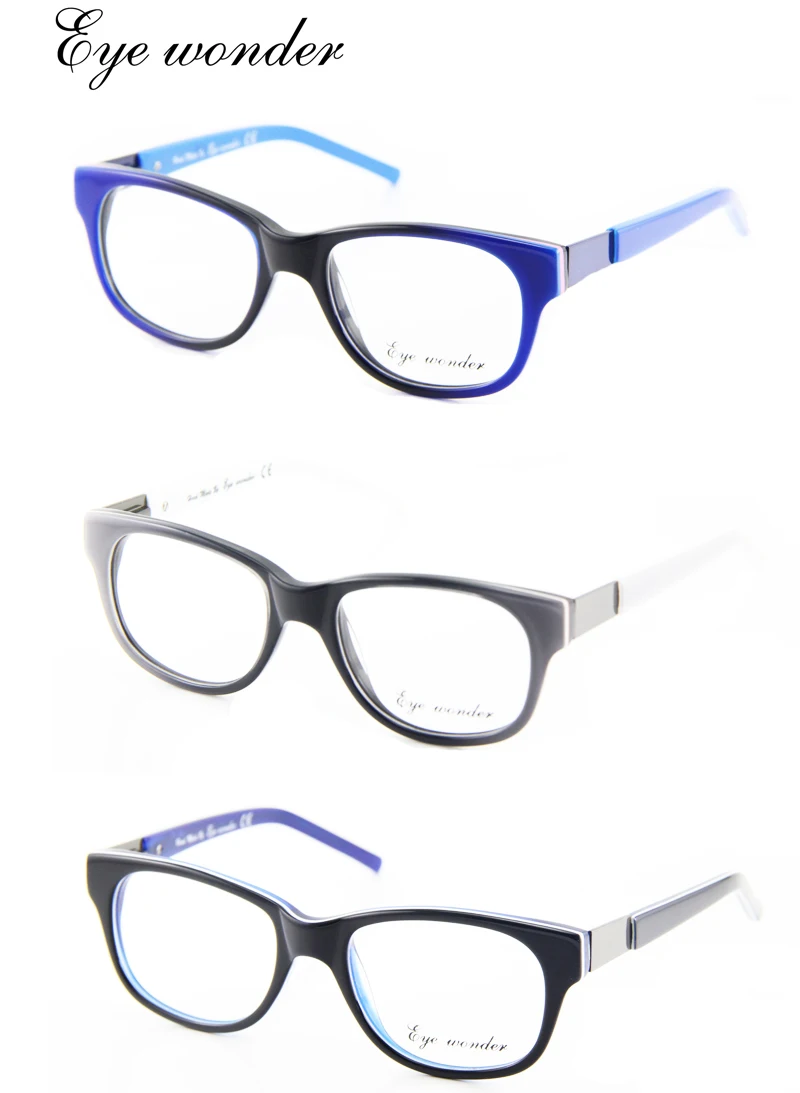

Ni-Ti, or titanium-based alloys, are more flexible than steel and 25% lighter than conventional metals. Nickel Titanium or NI-TI is used to manufacture Flexon™ eyewear. It can also be easily shaped into ultra-thin eyewear styles and has flexibility, which adds to the wearer’s comfort.Ĭons: Stainless is still not as lightweight, heat-resistant or flexible as titanium. Pros: Stainless steel is non-corrosive, durable, strong, lightweight, and hypoallergenic. Because of its durability, light-weight, and sleek appearance, stainless steel has long been a choice of eyewear designers. The addition of at least 10 percent chromium makes this alloy less prone to stain or rust, a factor that results in a long life compared to that of traditional steel. Stainless Steel material is an alloy of iron and carbon steel with chromium and other elements. Pros: The material is also strong, durable and available in a variety of colors. It can be cut a bit thicker than titanium, which enables it to have the popular look of a thin plastic frame while still offering lightweight. It’s also extremely lightweight and offers many of the features of titanium without the high cost. It is nickel-free and thus hypoallergenic. Beware of the difference between “pure titanium” and “titanium alloy.” Pros: Titanium is as strong as steel, lightweight, hypoallergenic, and corrosion-resistant.Ĭons: This material is more expensive than other materials. This material has picked up speed in the eyewear industry as a lightweight option that lends itself to unique designs and colorations. Because titanium ranks seventh in abundance among industry elements in the earth’s crust, it is easily accessible. Titanium is a high-strength, lightweight material commonly used in everything from hubcaps to eyewear. Thus, integrating elements like flex hinges into an aluminum frame can be challenging. The fact that it can be recycled also makes it increasingly desirable.Ĭons: Aluminum can get rigid, especially in lower temperatures. Pros: In addition to its aesthetic merits, this material is also strong, lightweight. Because it can be “sculpted,” the softer properties of aluminum break down the creative barriers present with many other strong materials. However, mixed with small amounts of alloys, it can provide the strength of steel with only half the weight.

Pros: It is lightweight, durable, flexible and is available in a wide range of colors.Ĭons: A very small number of people are allergic to beryllium. It is also the only memory metal containing no nickel and can withstand very high temperatures.
Spectacle frames skin#
Beryllium resists corrosion and tarnish, making it an excellent choice for wearers who have high skin acidity or spend time in or around salt water. Pros: This super-lightweight material is strong, durable and hypoallergenic.Ĭons: Magnesium costs almost 50 percent more than aluminum or steel.īeryllium is six times stronger than steel and more than 30% lighter than aluminum. Because of its unique properties and high cost, it has been used in the high-end frame market. Lighter than both titanium and aluminum, magnesium is either extracted from the ocean or recovered from minerals such as dolomite or magnetite. Magnesium is the eighth-most abundant metal element on earth. Ask us about the features and benefits of each frame material and what best meets your lifestyle requirements.This article outlines the facts on each frame material, currently used to manufacture eyeglasses available in the marketplace, to help you select the best eyeglasses for your lifestyle.

Never before has there been such a variety of frame materials to use for informed, technologically driven patients.


 0 kommentar(er)
0 kommentar(er)
